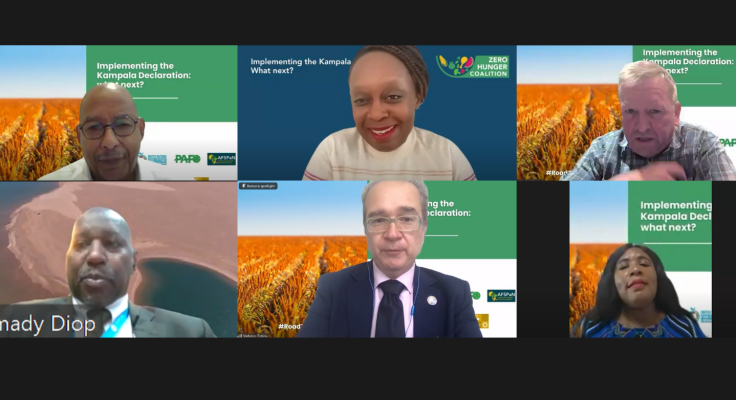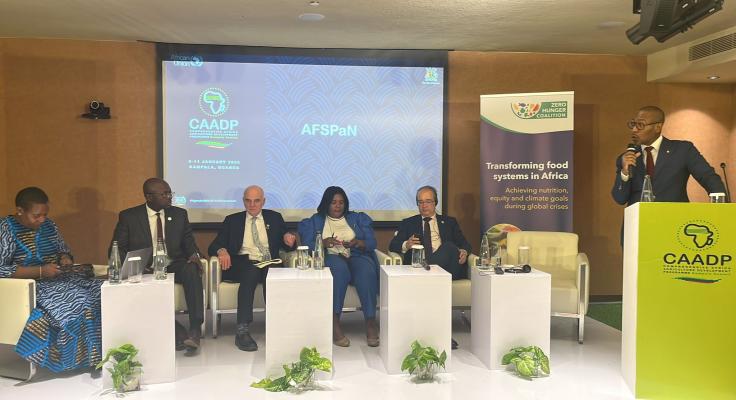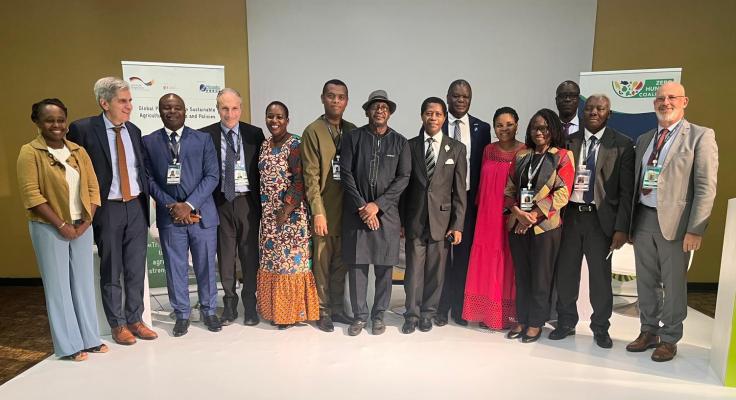Focus areas
The Zero Hunger Coalition engages with national stakeholders to develop country-specific analysis to effectively tackle hunger and malnutrition. This analysis uses advanced evidence-synthesis and cost modelling to identify the most effective interventions and their associated costs to end hunger while also addressing the issues of nutrition, gender equality and climate change.
To date, the Coalition has published three Evidence-based and costed country roadmaps for effective public interventions to transform agriculture and food systems in Ethiopia, Malawi and Nigeria. These roadmaps examined how to end hunger, make diets healthier and more affordable, improve the productivity and incomes of small-scale producers, and mitigate and adapt to climate change.
Further country-specific roadmaps are currently underway for Bangladesh, Benin, Cambodia, the Democratic Republic of the Congo, Madagascar and Zambia.
Match-making process
The country-specific roadmaps provide the insight into a country's priorities and forms the basis on which investment opportunities can be further developed to achieve desired outcomes.
The match-making comes in when potential investors, such as donors and private sector through the Zero Hunger Private Sector Pledge, are connected with the country. This enables different partners to align their actions to specific country priorities to eradicate hunger and malnutrition.
To enable such a match-making process, the Zero Hunger Coalition will facilitate connections with relevant expertise and resources through increasing visibility and awareness of ongoing efforts. This can be achieved through fostering new partnerships, leveraging existing networks, and promoting exchange of insights and lessons learnt.



